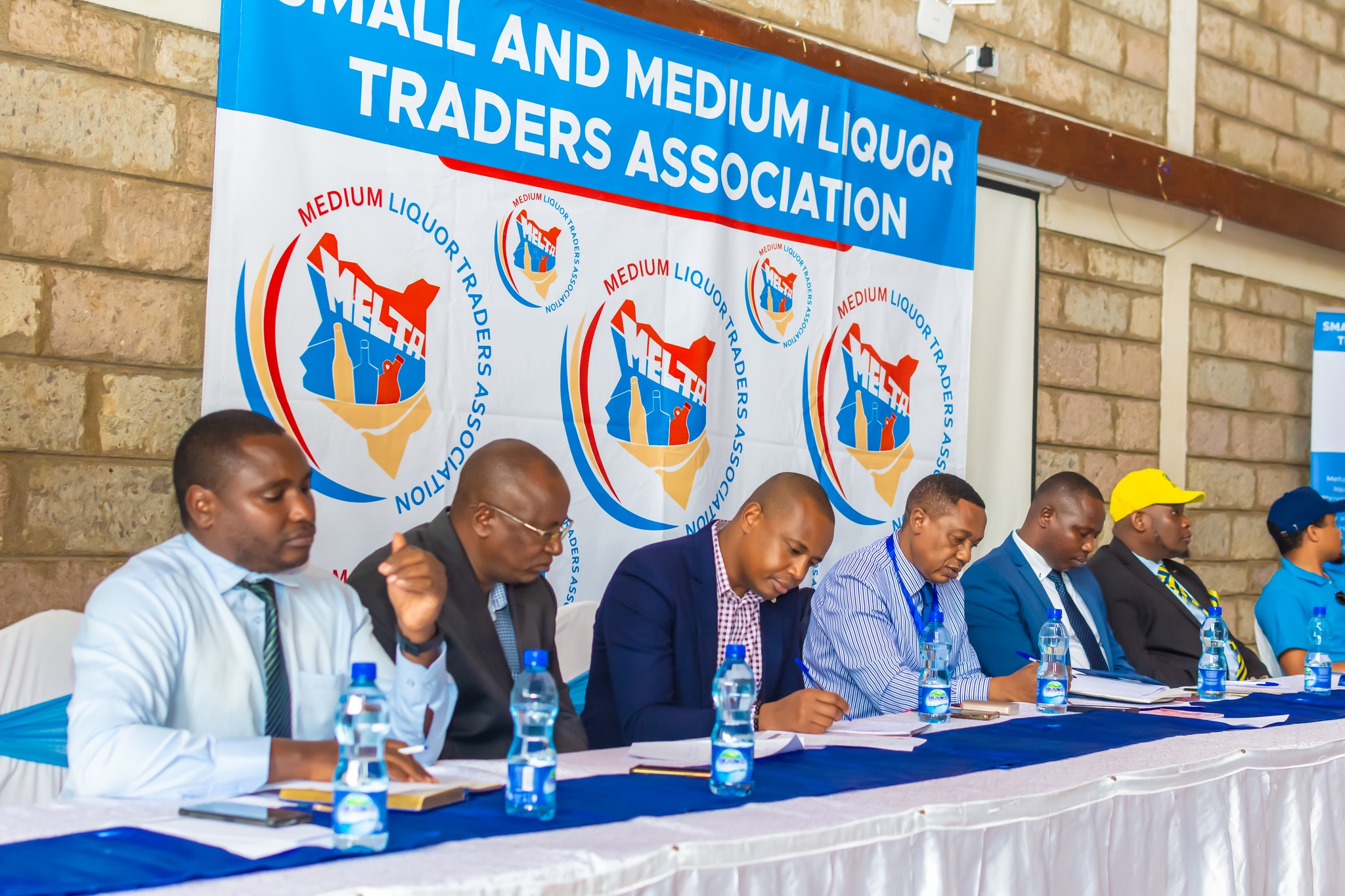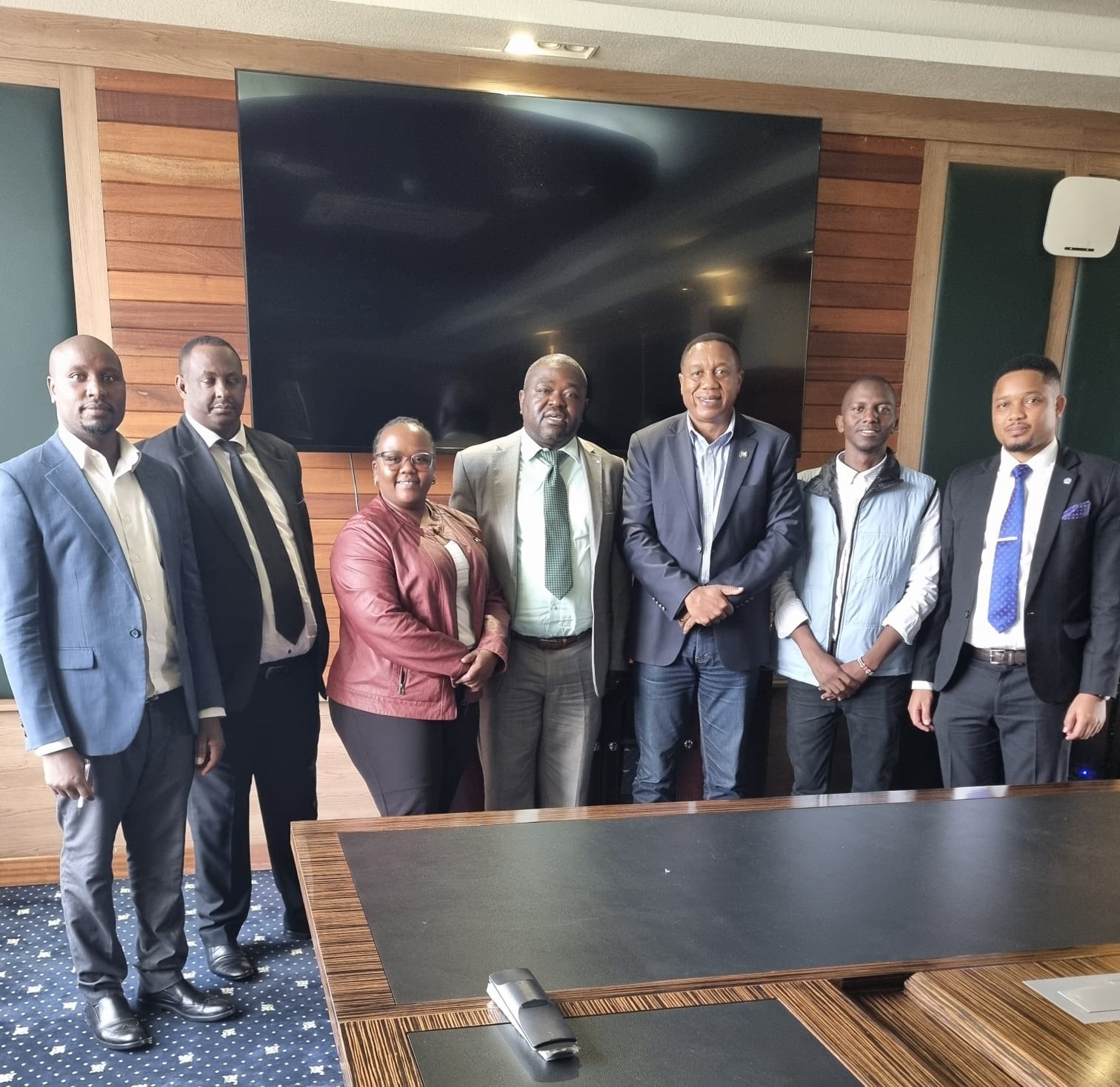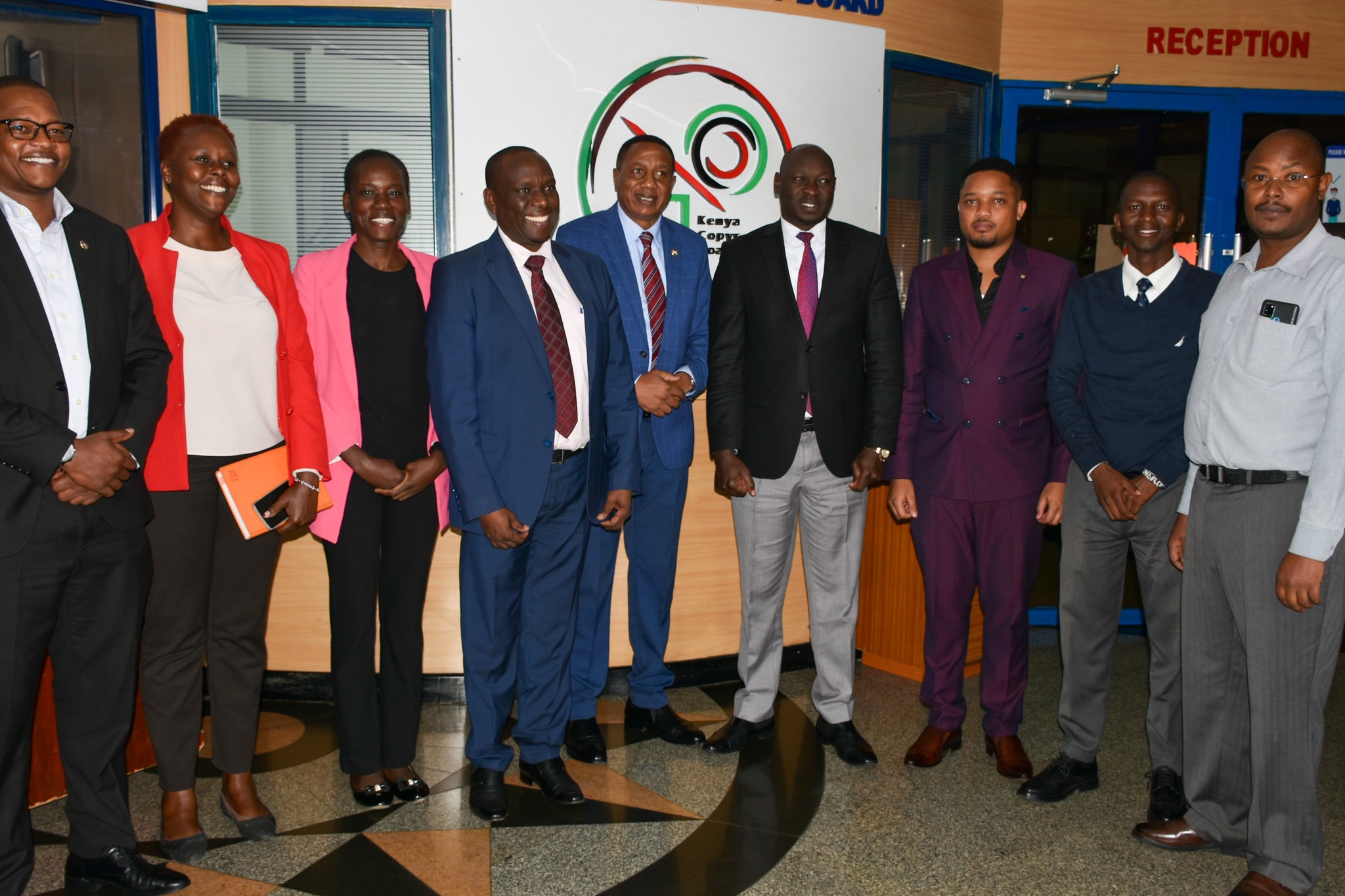We are pleased to announce that MELTA, KAHC, and PERAK recently held a highly productive meeting with PAVRISK to discuss the current state of tariffs compliance. The meeting was marked by constructive discussions and a collective commitment to enhancing the tariffs framework for the benefit of all stakeholders.
Key Outcomes of the Meeting
During the meeting, we deliberated on the necessity of an all-inclusive and substantial working framework to address the complexities of tariffs compliance. The discussions culminated in a mutual agreement on the importance of establishing a joint tariffs review committee for the 2023-2024 timeframe. This committee will play a crucial role in ensuring that the tariffs system is fair, transparent, and effective.
Attendees
The meeting brought together key figures from the involved organizations, highlighting the collaborative spirit and shared objectives. The attendees were:
- Mr. Joseph Njagih – CEO, PAVRISK
- Mr. Michael Muthami – National Chairman, PERAK
- Mr. Francis Mbogo – National Chairman, MELTA
- Mr. Peter Enyenze – National Head of Operations, PAVRISK
- Ms. Hellen Ochola – Business Development Manager, PAVRISK
- Mr. Alex Matindi – Secretary General, MELTA
- Mr. Julius Thuo – Director, PERAK
- Ms. Eunice Ogea – Executive Officer, PERAK
- Mr. Mboya Brian – Board Member, MELTA
- Mr. Simon Mungai – Secretary Advocate, MELTA
Collaborative Efforts and Future Plans
The formation of the joint tariffs review committee is a significant step towards achieving a balanced and equitable tariffs framework. This committee will be responsible for reviewing the current tariffs, identifying areas for improvement, and recommending changes that will benefit all parties involved.
The meeting underscored the commitment of all organizations to work together in creating a tariffs system that is both fair and effective. The collaborative efforts of MELTA, KAHC, PERAK, and PAVRISK are geared towards ensuring that tariffs compliance is maintained at the highest standards, fostering a business environment that promotes growth and stability.
Conclusion
MELTA is dedicated to working hand in hand with its partners to develop a comprehensive tariffs framework that addresses the needs and concerns of all stakeholders. The successful follow-up meeting with PAVRISK is a testament to our commitment to collaboration and continuous improvement in tariffs compliance.
We look forward to the positive impact that the joint tariffs review committee will have on the 2023-2024 tariffs framework and remain optimistic about the future of our collaborative efforts. Together, we are paving the way for a more transparent, fair, and efficient tariffs system that benefits everyone.
Stay tuned for further updates as we continue to work towards our shared goals.



